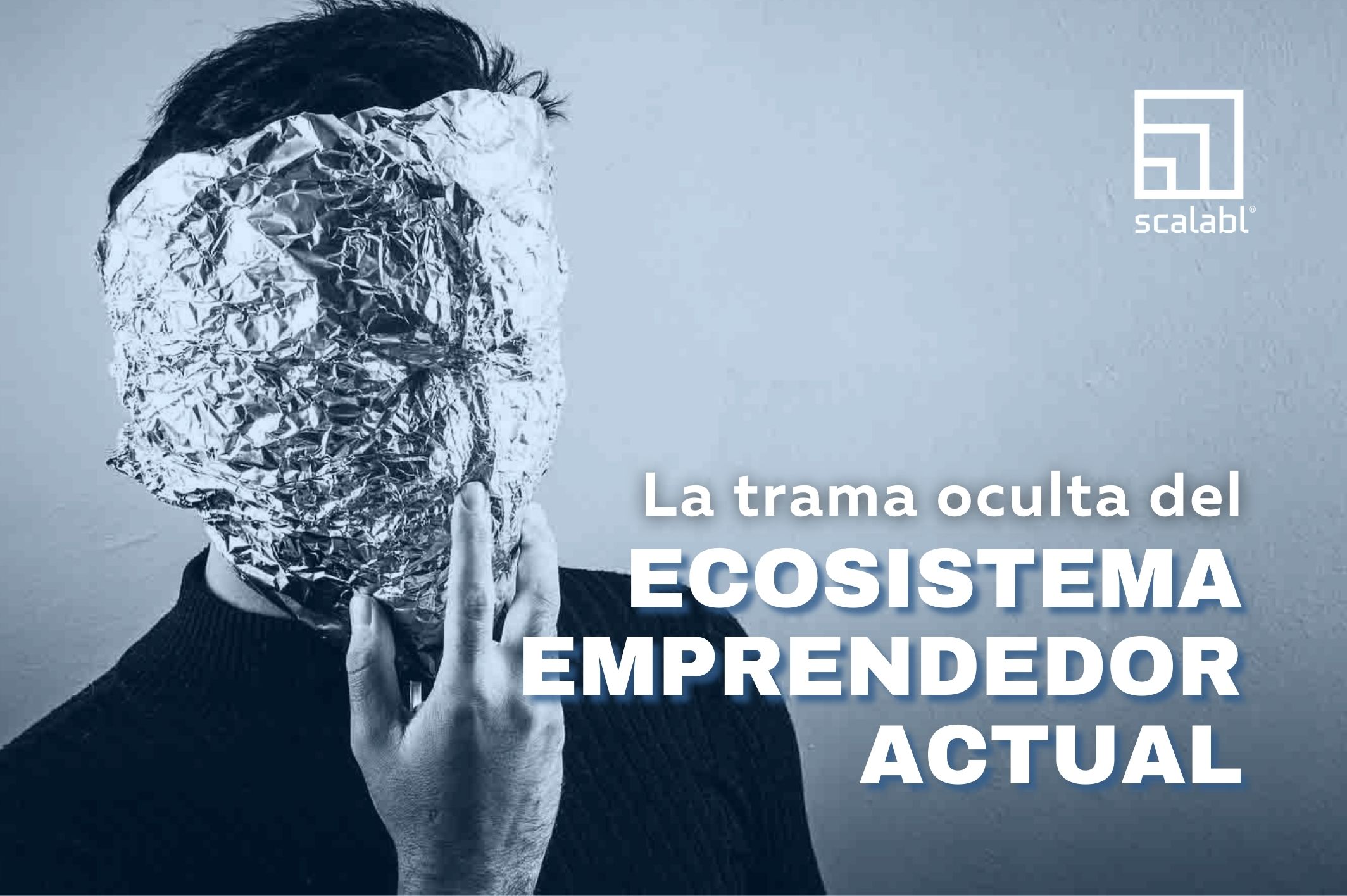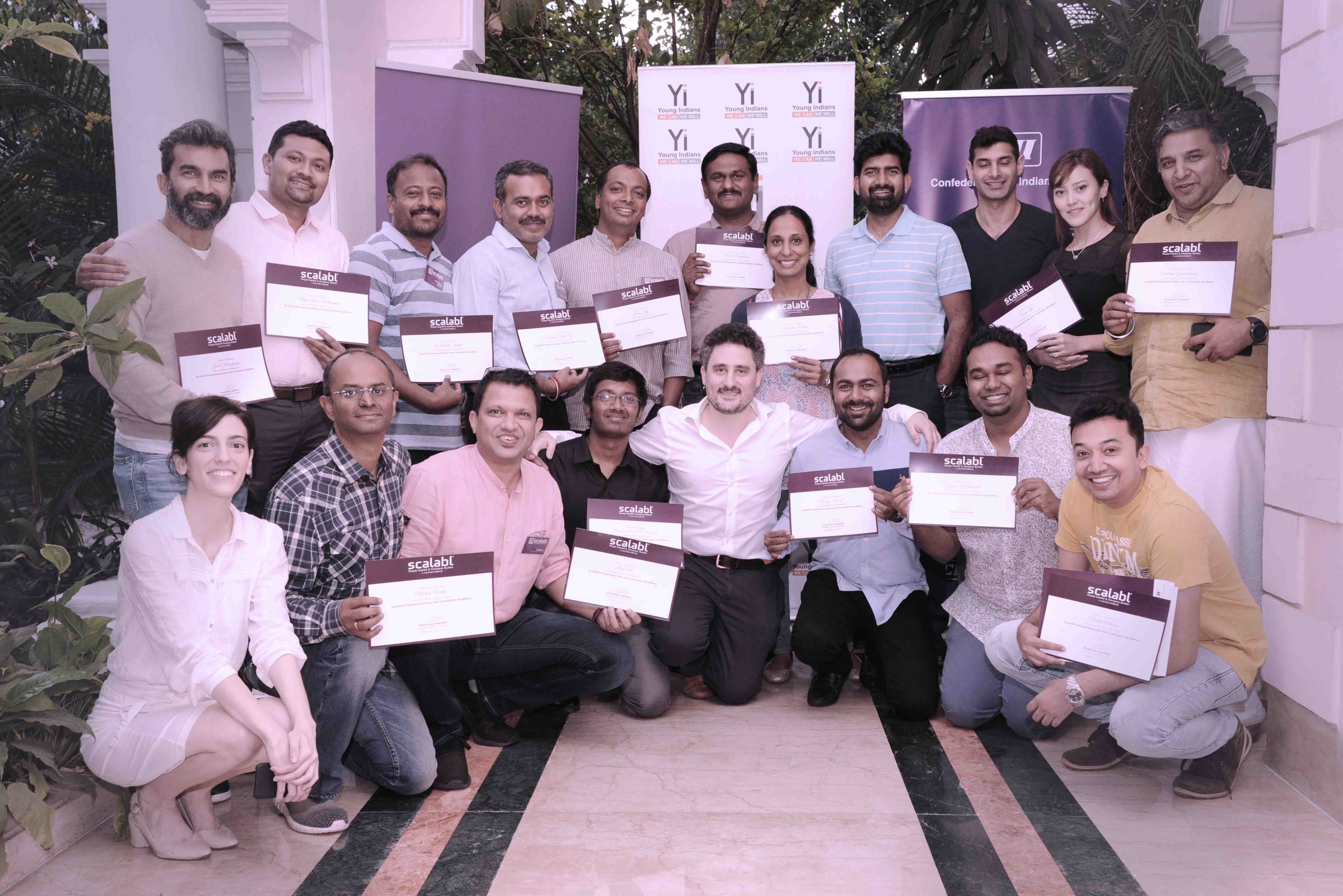

"Possible Minds: 25 Ways of Looking at AI" is an illuminating exploration of artificial intelligence's multifaceted impacts on society, ethics, and the future of human cognition. Edited by John Brockman, the book compiles insights from twenty-five of the most brilliant minds in various fields, each offering a distinct perspective on AI. These contributions range from optimistic forecasts about AI's potential to enhance human capabilities and solve global challenges, to cautionary tales about the existential risks it might pose. The book serves as a crucial discourse on how AI could redefine what it means to be human, emphasizing the importance of aligning AI development with ethical considerations and human values to ensure it benefits society as a whole.
The anthology opens with discussions on the ethical imperative in AI development, urging creators and policymakers to prioritize the creation of AI systems that understand and adhere to human values. It highlights the necessity of establishing ethical guidelines and governance frameworks to manage AI's integration into society responsibly. The contributors, including notable figures like Daniel Dennett and Alison Gopnik, advocate for a multidisciplinary approach to AI ethics, blending insights from philosophy, cognitive science, and technology to address the complex moral dilemmas posed by AI.
A recurring theme in "Possible Minds" is the dual nature of AI as both a tool for unprecedented progress and a potential source of unprecedented risk. The book delves into the importance of value alignment in AI systems, emphasizing that without ensuring AI's objectives are harmoniously integrated with human goals, AI's capabilities could lead to outcomes detrimental to human interests. This section of the book serves as a call to action for the development of robust AI safety research and methodologies, such as inverse-reinforcement learning, to prevent AI from acting contrary to our well-being.
"Possible Minds" also explores the transformative potential of AI in driving innovation and efficiency within organizations and industries. It envisions a future where AI not only automates mundane tasks but also augments human decision-making and creativity, offering deep insights into complex problems. However, the book also warns of the challenges in navigating the transition to an AI-driven world, including the displacement of jobs and the ethical quandaries of decision-making autonomy. It underscores the importance of continuous learning and adaptation for professionals aiming to thrive in this new landscape, advocating for education in AI literacy and ethics as essential components of future workforce development.
In its conclusion, "Possible Minds" reflects on the broader societal implications of AI, from its role in shaping the future of work and economy to its impact on the philosophical understanding of consciousness and intelligence. The collection posits that the future of AI and humanity is intricately linked, with the potential to enhance human life dramatically or to veer into uncharted ethical territories. It leaves readers with a sense of both excitement and responsibility, highlighting the need for a concerted, global effort to steer AI development towards outcomes that are not only technologically advanced but also ethically grounded and human-centric. For freelancers, entrepreneurs, intrapreneurs, and business leaders, "Possible Minds" offers invaluable insights into leveraging AI responsibly and effectively, ensuring that as we stand on the brink of a new era, we remain guided by the light of human values and wisdom.








